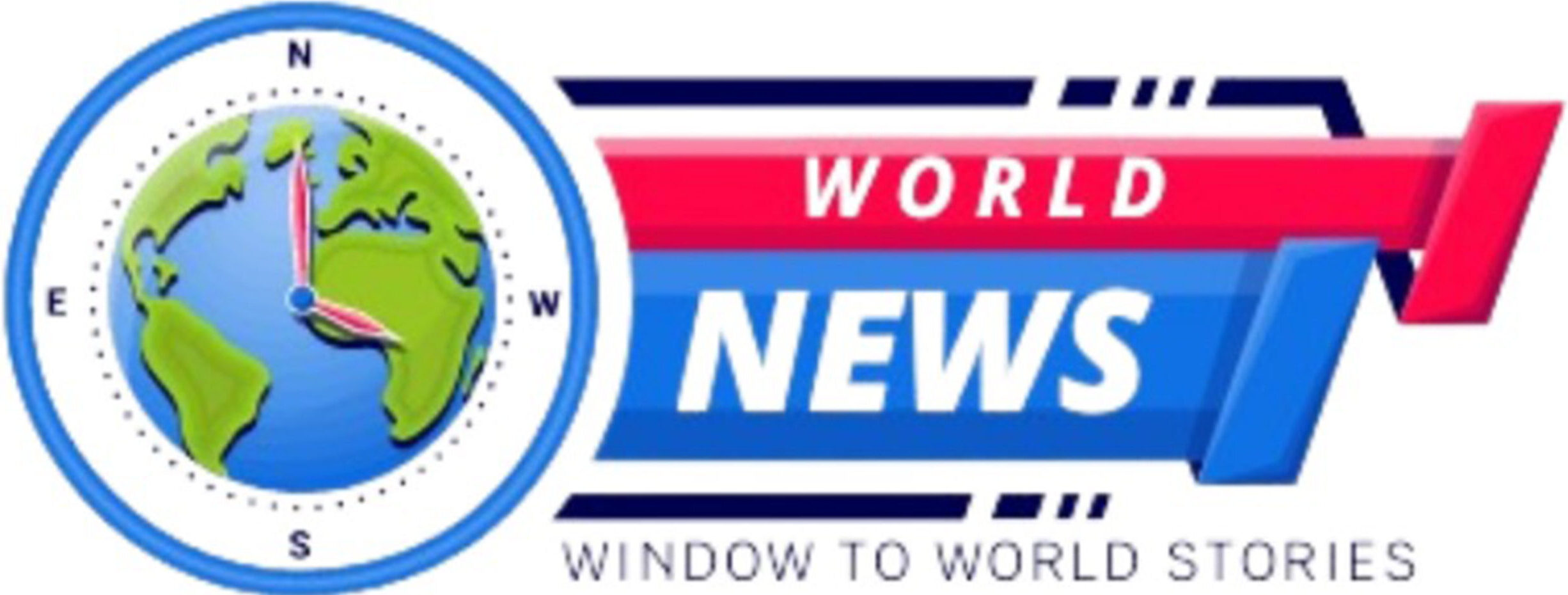[ez-toc]
If we talk about Pakistan’s politics, then its political geography is facing a seismic shift in a surprising turn of matters, as the government is talking about banning the Political party “Pakistan Tehreek-e-Insaaf” of Imran Khan, who is the Charismatic and controversial former Primer Minister of Pakistan who is considered one of the best prime ministers in Asia. He was in power from 2018 to 2022. He was also a nominated ex-cricketer of Asia from Pakistan. This unexpected decision by the government has spread a shockwave throughout the nation, flaring harsh debates and expanding essential questions about the justifications and reasons behind their aggressive move.
To understand the Future of Pakistani politics, it is crucial to understand the basic reasons for this ban and the future revolution of Pakistani politics. What causes this harsh measure, and what does it mean for the country’s democratic framework and stability?
A month ago, Pakistan’s prime minister, Shehbaz Sharif, extended an olive branch to the leadership of the country’s main opposition, PTI, in his National Assembly speech.
On June 26, Shehbaz expressed the country’s deep and sad political divide by saying, “In 76 years Since the independence of Pakistan, we have reached a point where we even hesitate to shake hands.
After not even a month, Attaullah Tarar ( information minister) announced in a recent press conference on 15 July in Islamabad that the government was considering banning the PTI. The reasons for execrating are repeated protests last year and the leaked classified information.
Attaullah Tarar said that
“The government had decided to ban the PTI after reviewing all present evidence. The government will derive a case to ban the party.”
This announcement by the PMLN government drew a general curse from its opponents, supporters, and human rights groups. Even the USA showed its concerns.
The 2nd largest party (Pakistan People’s Party) in the ruling union’s leaders said they were not informed before the announcement or consulted.
PPP Senator Saleem Mandviwallla said in an interview that
“ They Never took us on board and have not contacted us since. We get this news from the press conference of the Information Minister.
The Human Rights Commission of Pakistan, the country’s foremost rights body, calls this an act of political misery.
Commission has stated that “HRCP ordered this unconstitutional decision to be removed immediately. If enforced, It will only cause political chaos and violence.”
The PMLN leadership has backed that decision despite a flood of objections. They announced that the final decision would not be made without conferring with the ruling union.
Defence Minister Khawaja Asif said that.
There are many reasons behind the decision to ban PTI, but before banning it, we will first tell our ruling union all the reasons. After agreement with all ruling unions, we will move forward with additional action.
Why did the government announce the plans for a ban in the first place?
Different observers believe the plan to ban PTI was convinced following a Supreme Court decision last week. The leader of PTI is Imran Khan, who has been in jail since August 2023.
The government argues that PTI’s actions threaten the country’s stability and security, warranting drastic measures. Legal experts, however, are divided on the validity of these claims.
Some argue that the government’s move is an overreach of power and a dangerous precedent for curbing political dissent. Others contend that if PTI has violated laws, banning the party is necessary to uphold the rule of law.
International Implications
Pakistan’s move to ban PTI also has significant international implications. The country is already grappling with economic challenges, including a high inflation rate, a large fiscal deficit, and reliance on international loans. Political instability further confuses Pakistan’s efforts to secure foreign investments and aid.
The international community is closely monitoring the situation, with concerns about the impact on Pakistan’s democratic institutions and human rights. Western countries, particularly, have emphasized the importance of democratic processes and the rule of law. Any perception of political repression or undermining democratic norms could strain Pakistan’s diplomatic relations and affect its standing on the global stage.
Public Reaction and Future Scenarios
The public reaction to the ban on PTI is deeply divided. Imran Khan’s supporters view the move as a blatant attempt to silence a popular leader and suppress political opposition. Protests and demonstrations will likely escalate, leading to further unrest and instability. On the other hand, critics of Khan and PTI believe that the ban is justified, citing concerns about the party’s alleged role in inciting violence and undermining democratic institutions.
The future of Pakistani politics hinges on the outcome of this high-stakes battle. If the ban on PTI is supported, it could significantly reconfigure the political landscape. New political alliances may emerge, and the balance of power could shift dramatically. Contrarily, if the ban is overturned or ineffective, it could encourage Khan and his supporters, setting the stage for a long and contentious political battle.

